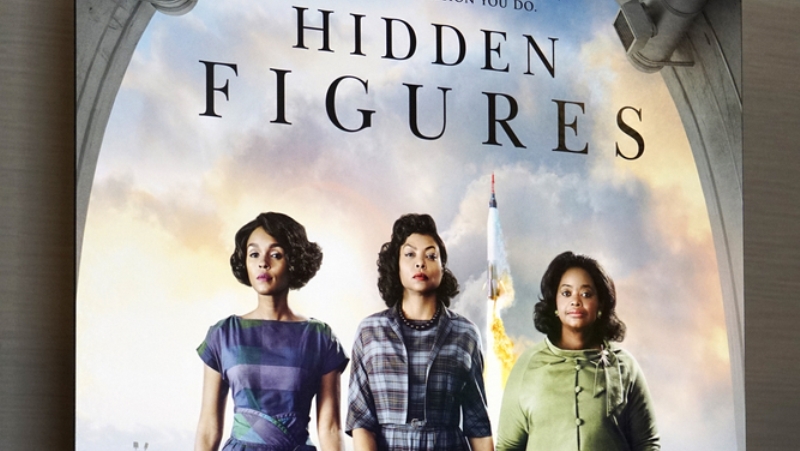
Deputy Secretary of State John J. Sullivan invited 48 international women leaders in the STEM field to participate in the International Visitor Leadership Program, and attend the Hidden No More event in Washington, D.C., on Oct. 12.
“We know that we have more to do to remove barriers to women in STEM,” Sullivan said. “Our fundamental belief is that when women do better, families do better, countries do better, and the world does better.”
The participating women came from countries including Egypt, El Salvador, Nepal, and Nigeria. The International Visitor Leadership Program was inspired by the film Hidden Figures, the story of African-American women whose math skills were vital to the early U.S. space program. Participants are “hidden talent” in their home countries. They will spend three weeks networking with other professionals, and learning about policies that affect women in science, technology, engineering, and math in the United States.
“To all of you visiting us from around the world, our hope is that you will take what you’ve learned and the connections you’ve made throughout this program and keep working to promote the inclusion of more women in STEM fields in your home countries,” said Sullivan.
President Donald Trump signed bills in February directing NASA and the National Science Foundation to promote the advancement of women in STEM. Trump also announced in September that he would direct the U.S. Department of Education to invest $200 million in grant funding each year to expand STEM and computer science education in schools.
“These commitments from the administration represent a shared recognition that the workplace is changing and that STEM skills are playing an increasingly important role in sustaining America’s economic competitiveness,” said Sullivan.
One-third of the senior Foreign Service officers at the State Department are women. Sullivan said that the agency is working to close that gap.
“When you return home, please share your experiences from this project with others in your communities, especially with girls and young women who might never dream that there is a place for them in STEM,” Sullivan said. “Each of you is living proof of the fact that there is.”
